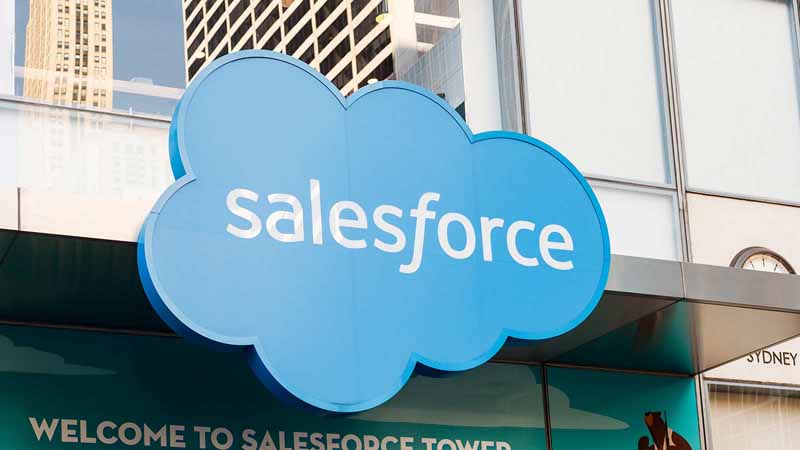


“As software plays a more and more critical role in the performance of every organization, we share a vision of reduced complexity, increased power and flexibility, and ultimately a greater degree of alignment and organizational agility. Slack CEO Stewart Butterfield was no less effusive than his future boss. Together, Salesforce and Slack will shape the future of enterprise software and transform the way everyone works in the all-digital, work-from-anywhere world,” Benioff said in a statement.

Salesforce co-founder and CEO Marc Benioff didn’t mince words on his latest purchase. Rumors of a pending deal surfaced last week, causing Slack’s stock price to spike. Senior Salesforce staff were skeptical that they could increase sales by bundling and integrating Slack with its other products-a core rationale for the acquisition.Salesforce, the CRM powerhouse that recently surpassed $20 billion in annual revenue, announced today it is wading deeper into enterprise social by acquiring Slack in a $27.7 billion megadeal. Before the deal was even consummated, Benioff went out of his way to distance himself from Slack in public and private conversations, repeatedly telling colleagues and outside observers that Bret Taylor, who was then president and chief operating officer at Salesforce, was the deal’s architect. Mutual distrust between Benioff and Slack CEO Stewart Butterfield became a distraction, according to more than a half-dozen current and former employees with direct knowledge of the situation.

Two years ago, Salesforce co-founder and CEO Marc Benioff gushed about his software company’s $28 billion purchase of messaging app Slack, describing it as a “match made in heaven.” It was also the most expensive subscription software acquisition of all time, with Salesforce paying around 26 times Slack’s forward revenue-a price tag that carried high expectations.īut problems emerged from the start.


 0 kommentar(er)
0 kommentar(er)
